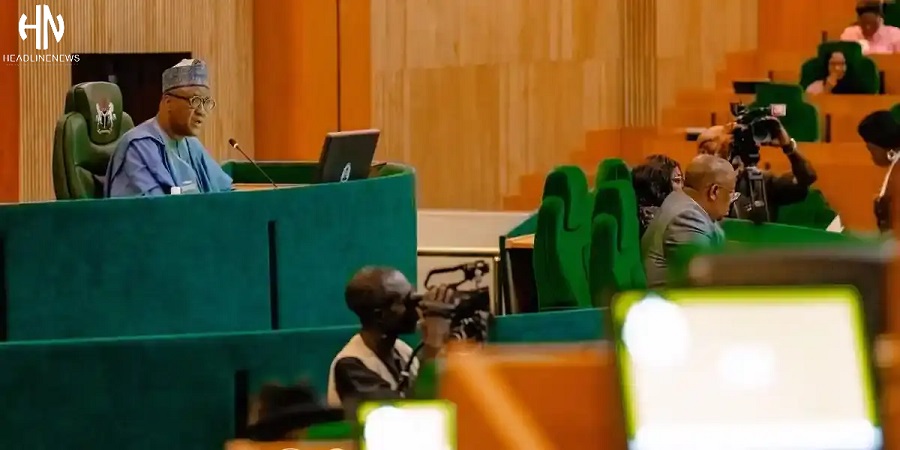The House of Representatives has introduced a groundbreaking bill that seeks to prohibit all public and civil servants, as well as their immediate family members, from accessing private schools and healthcare facilities. Instead, the bill mandates that they must patronise public institutions for their educational and medical needs.

The bill, which was introduced by Hon. Amobi Ogah, who represents Isuikwuato/Umunneochi Federal Constituency of Abia State, aims to restore confidence in Nigeria’s public education and health sectors by compelling political leaders and public workers to experience the same services available to the majority of Nigerians.
Speaking to journalists after Tuesday’s plenary session, Hon. Ogah explained that the bill was borne out of the need to end the growing divide between Nigeria’s elite and the masses in accessing basic services.
“This legislation is intended to prohibit all public and civil servants, including their families, from patronising private schools and healthcare services,” Ogah stated. “We must eliminate the conflict of interest that arises when public officials abandon government institutions they are meant to develop.”
The lawmaker noted that in the early years of Nigeria’s development, founding fathers like Sir Ahmadu Bello, Dr. Nnamdi Azikiwe, Chief Obafemi Awolowo, and Sir Tafawa Balewa all attended public schools, which were once known for their high standards. According to Ogah, the culture of public servants using private institutions is a modern aberration that must be reversed to improve the quality of governance and national development.
“This penchant for relying on private institutions was alien to our founding fathers. But today, it has become an unwholesome trend that hurts our economy and stunts the growth of public institutions,” he said.
Ogah also decried the amount of national wealth being spent on foreign and private services. He cited data showing that despite a budgetary allocation of N1.336 trillion to healthcare in 2024, Nigerians spend over $1 billion annually on medical tourism.
“Between January and March 2024 alone, Nigerians spent $38.17 million on foreign education. In 2023, $218.87 million was spent. During former President Muhammadu Buhari’s eight years in office, over $29 billion was reportedly spent by Nigerians on foreign medical care.”
The lawmaker argued that this trend must stop, insisting that the continued patronage of private and foreign services by those in government sends a negative signal to the public and undermines the institutions they are elected to manage.
“It does not speak well of our country that our presidents and top government officials regularly seek medical attention abroad and, in some cases, lose their lives in foreign hospitals. If they used our public institutions, perhaps they would prioritise their upgrade.”
He stressed that this proposed legislation is not just about enforcing restrictions but about compelling reform.
“When our leaders are compelled to use public hospitals and schools, they will have no choice but to ensure those institutions work. It will be a turning point for national development.”
Ogah concluded by urging his colleagues to support the bill and send a clear message to Nigerians that leadership must begin with personal sacrifice and commitment to public good.
“We cannot continue to destroy the psyche of Nigerians while pretending to serve them. The time for honest self-reflection and bold action is now,” he declared.
If passed, the bill could mark a radical shift in how public officials interact with the systems they oversee, potentially boosting the quality of public education and healthcare across the country.







